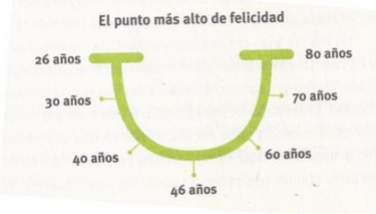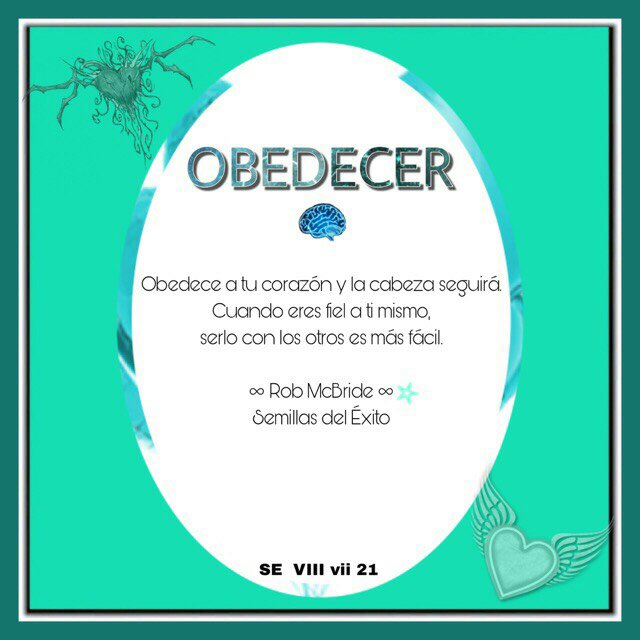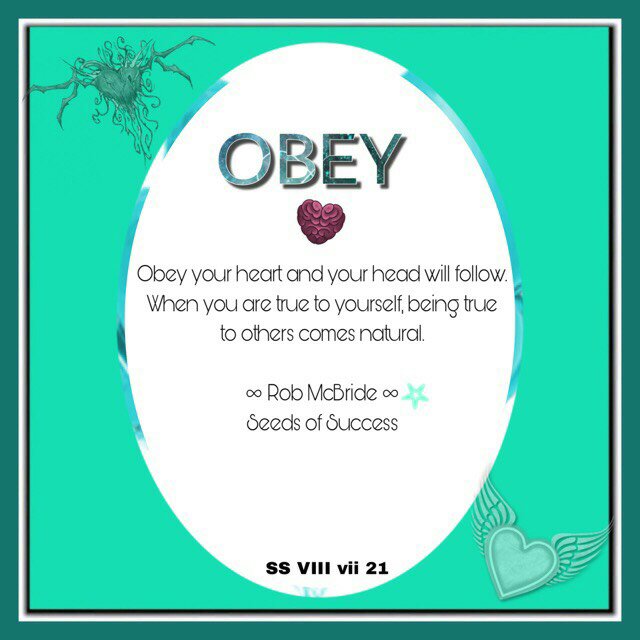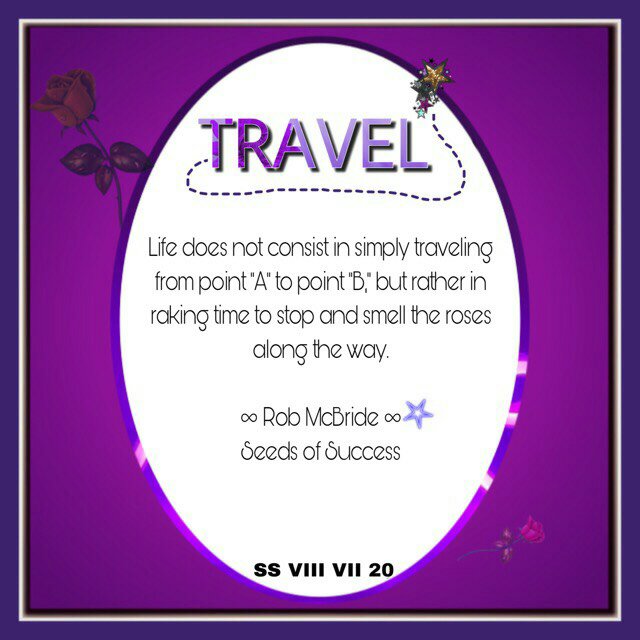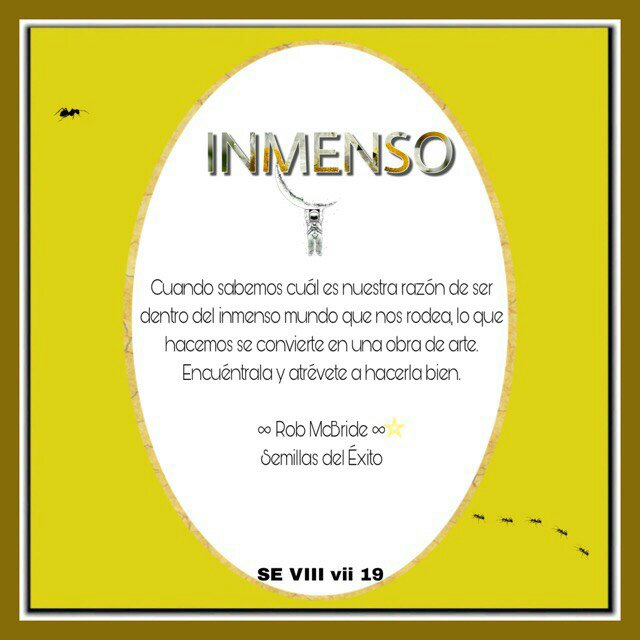An interesting concept to consider regarding our emotional state is one called the “U” of Happiness and its explanation is quite simple. Studies confirm people in their 20’s and 3o’s are generally happier than those in their 40’s and 50’s, and then later in their 60’s and 70’s their level of happiness rises once again.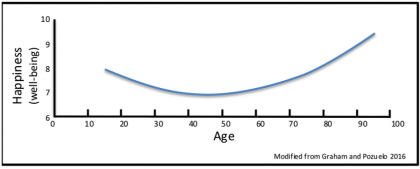
Obviously these are general tendencies and there are always exceptions, but the reasons are as follows. When people are in their 20’s and 30’s, they are young, full of energy, and ready to conquer the world. In their 40’s and 50’s, many times economic burden, rebellious children and the weight of the world, seem to weigh heavily on their shoulders. Once in their 60’s and 70’s, many are just happy to be alive. They have seen many of their contemporaries die and know at any moment they may be next in line.
One of the reasons given for this phenomenon is the gap between what we desire and where we are. Young people don’t have a great degree of control over where they begin in the world, so wherever they are, they tend to be more willing to change their situation, if necessary, or maintain it, if it is good.
Getting to middle-age many fight to keep their status or enhance it. The problems of their children present different challenges and unexpected expenses seem to lurk around each corner, causing economic pressure. In their 40’s and 50’s, many times people look in the mirror and realize many of their dreams have been left by the wayside. 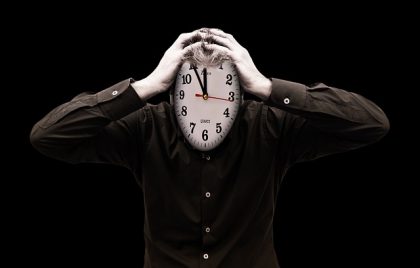 They look at others around them who have more material wealth, and apparently, happiness. If they aren’t in the same place, it can become a great burden.
They look at others around them who have more material wealth, and apparently, happiness. If they aren’t in the same place, it can become a great burden.
As people get older, they have less need for material things and are more grateful for the people they have around them and the wonders each day on Earth brings.
What can we do to close the gap between where we want to be and where we are right now, regardless of our age?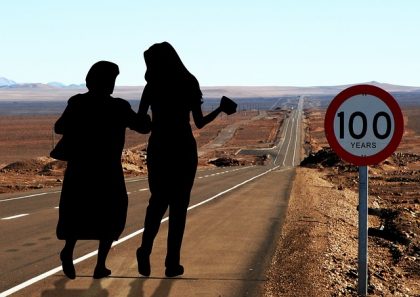
It’s good to have goals to achieve our objectives, but it is also important to be thankful for what we have right now. In a world where we are constantly bombarded with invitations to drive better cars, live in more luxurious houses, and use the latest fashions, it is easy to lose ourselves in an ocean of “created necessity.” We can be grateful for everything we have, realizing that wanting more isn’t bad, but being thankless for what we do have is.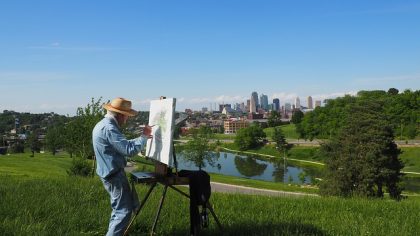
Realizing all we have, beginning with those things coming free from the “factory” when were born (which are also free), the air we breathe, the birds that sing in the trees, and the flowers adorning nature; is an excellent way to feel happy right now. Being happy with our present condition is a decision which depends on us and no one else. As the saying goes, “The richest is not he who has the most, but he who needs the least.”
∞ Rob McBride ∞
LL IV 36


